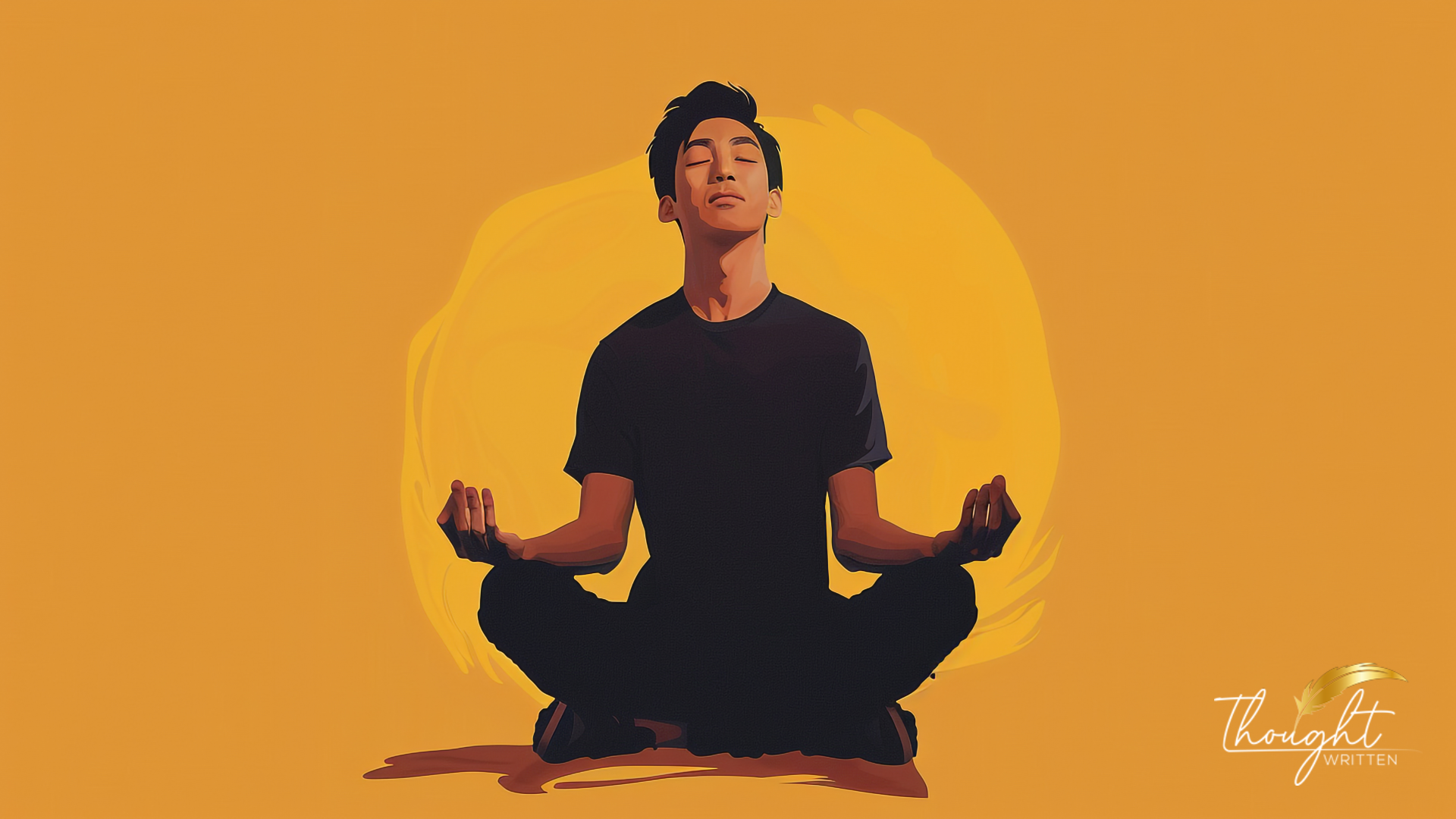Explore the complexities of social media censorship, its impact on free speech, and the need for balance. Learn how platforms, governments, and users can work together to create a safer, responsible online environment.
Social Media Censorship: Balancing Free Speech with Responsibility

In the digital age, social media platforms have become powerful tools for expression, connection, and communication. They have democratized the flow of information, allowing individuals across the globe to share opinions, discuss ideas, and raise awareness about issues that matter. However, with great power comes great responsibility. The challenge of balancing free speech with social responsibility has brought the issue of social media censorship into sharp focus.
The Rise of Social Media and Free Speech
Social media platforms like Facebook, Twitter, Instagram, and YouTube have revolutionized the way we interact. From voicing opinions to mobilizing social movements, they have become modern public squares. However, these platforms are also breeding grounds for misinformation, hate speech, and cyberbullying. The need to moderate content raises a critical question: How can we safeguard free speech while maintaining a safe and respectful online environment?
Free speech is a cornerstone of democracy. It empowers people to voice dissent, hold authorities accountable, and foster open dialogue. However, the misuse of this freedom can lead to real-world harm, such as inciting violence, spreading false narratives, or enabling harassment. This paradox puts social media companies and governments in a difficult position.
Understanding Social Media Censorship
Social media censorship refers to the act of moderating or removing content that violates platform policies or legal regulations. This can range from removing offensive posts to suspending accounts promoting harmful ideologies. While such actions are intended to maintain a healthy digital environment, they often spark debates about overreach and bias.
Critics argue that censorship infringes on the right to free speech, stifling creativity and dissenting voices. For instance, individuals or groups with unconventional opinions may feel marginalized. On the other hand, supporters of censorship emphasize the importance of creating a space free from hate speech, misinformation, and toxicity.
The Thin Line Between Moderation and Overreach
The challenge lies in determining where moderation ends and censorship begins. Social media platforms rely on algorithms and human moderators to filter content, but these mechanisms are not flawless. Algorithms may inadvertently flag legitimate content as harmful, while human moderators may carry implicit biases.
For example, during major elections, platforms often face criticism for either allowing false political narratives to spread or suppressing certain ideologies. The inconsistency in applying moderation policies further fuels the debate.
Moreover, the global nature of social media adds another layer of complexity. What is deemed offensive in one culture might be acceptable in another. Striking a balance that respects cultural sensitivities while upholding universal standards of free speech is no small task.
The Role of Governments and Regulations
Governments worldwide have stepped in to regulate social media platforms. While some regulations aim to curb harmful content and protect users, others raise concerns about state-controlled censorship. In countries with authoritarian regimes, social media is often heavily monitored and censored, limiting citizens’ ability to express dissent.
Conversely, in democratic societies, governments and platforms strive to find common ground. Legislation like the European Union’s Digital Services Act seeks to hold platforms accountable for harmful content while safeguarding fundamental rights. However, the enforcement of such laws remains a gray area.
The Responsibility of Social Media Platforms
Social media companies wield significant influence over public discourse. As private entities, they have the right to enforce their policies. However, their role as gatekeepers of information comes with ethical obligations.
Transparency is key. Platforms must clearly outline their content moderation policies and ensure consistent application. Providing users with the ability to appeal decisions can also help build trust.
Collaboration is another critical factor. By partnering with fact-checking organizations and civil society groups, platforms can tackle misinformation and harmful content more effectively. At the same time, they must invest in improving algorithms to reduce biases and errors.
Empowering Users Through Digital Literacy
While regulations and platform policies play a role, empowering users is equally important. Digital literacy programs can educate users about identifying fake news, understanding platform policies, and engaging responsibly online.
Users, too, have a responsibility to contribute positively to the online ecosystem. By reporting harmful content, promoting respectful discussions, and verifying information before sharing, individuals can help create a healthier digital space.
Striking the Right Balance
The debate around social media censorship is far from over. Striking the right balance between free speech and responsibility requires ongoing dialogue among governments, platforms, and users. Here are some key steps that can help:
- Clear Guidelines: Platforms must establish transparent and consistent content moderation guidelines that align with international human rights standards.
- Accountability: Both governments and platforms should be held accountable for their actions to avoid misuse of power.
- Technological Advancements: Investments in AI and machine learning can enhance content moderation while minimizing errors.
- Global Collaboration: Cross-border cooperation can help address the challenges posed by the global nature of social media.
- Empowered Users: Educating users about their rights and responsibilities can foster a more respectful online environment.
Social media is a double-edged sword, offering unparalleled opportunities for expression while posing significant challenges. Censorship, when implemented responsibly, can protect users from harm without stifling free speech. However, achieving this balance is a shared responsibility that requires transparency, collaboration, and user empowerment.
As we navigate this digital era, the goal should not be to silence voices but to create a space where freedom of expression coexists with respect and accountability. By working together, we can ensure that social media remains a force for good in our society.





